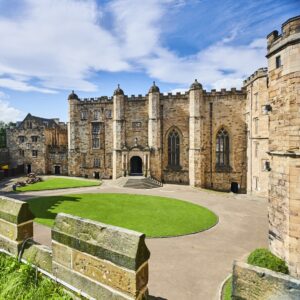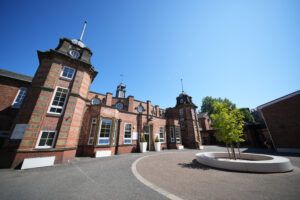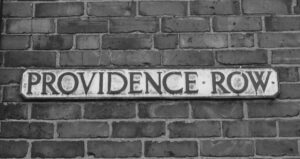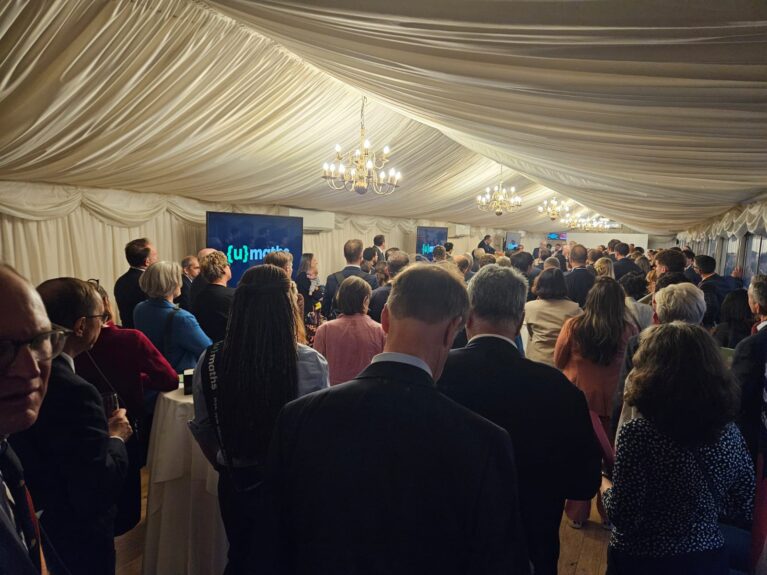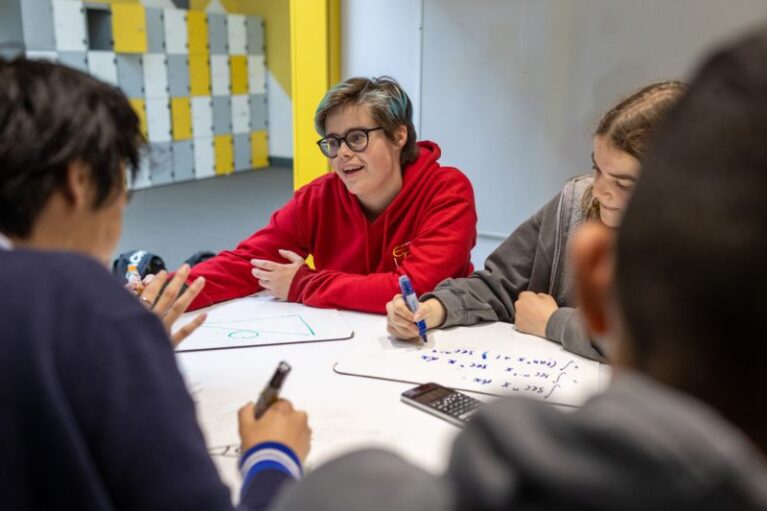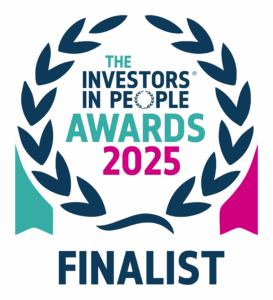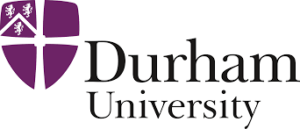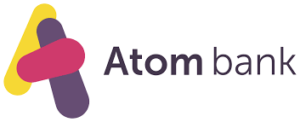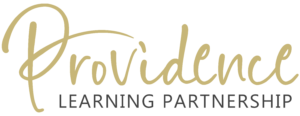University maths schools are 16-19 state schools that immerse students in the challenge, creativity and life-changing opportunities of maths and maths-related subjects. Founded by and closely linked to leading universities, these schools offer a specialist STEM curriculum of exceptional quality and a vibrant community for budding mathematicians. They are engines of social mobility, working with students from under-represented groups to widen participation in high-quality STEM degrees and careers.
Coming Soon
Durham Mathematics School Transforming lives through education
The University Maths School Idea
Why Maths?
Why not! Studying mathematics develops critical problem-solving, analytical, and logical skills applicable across life and work. It nurtures discipline and resilience, supporting fields like engineering, finance, data science, and technology. Beyond career opportunities, maths enhances cognitive abilities—improving memory, concentration, and spatial reasoning—and is useful in everyday tasks like budgeting and planning.
As a foundation for scientific and technological advancements, maths also offers transferable skills, benefiting areas like psychology and law. Ultimately, a maths background sharpens judgement and fosters a mindset of perseverance, equipping individuals to tackle complex challenges in academic, professional, and personal realms.



